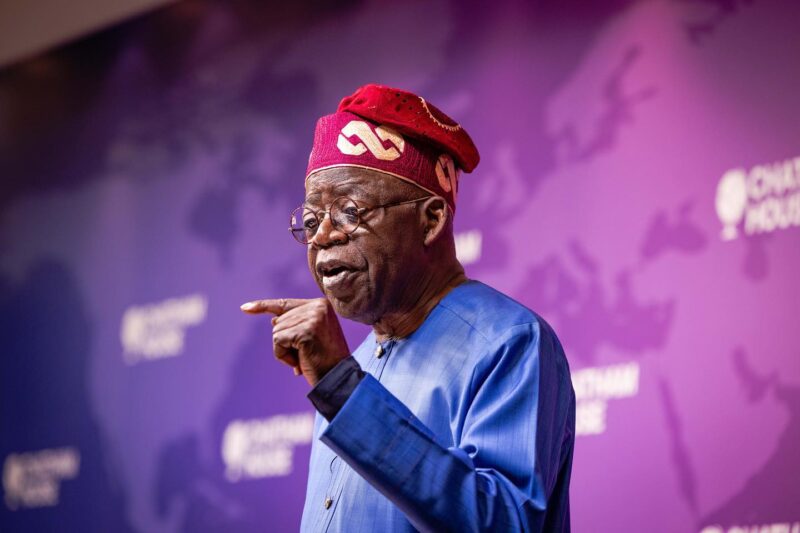National Issues
President Tinubu Unveils Major Ministry Reforms: A New Era for Nigeria’s Governance -By Salis Muhammad Sulaiman
President Tinubu’s bold move has set the stage for a new era in Nigeria’s governance. Only time will tell if these reforms will yield the desired outcomes, but one thing is certain – the path to a more efficient, effective, and prosperous Nigeria has been paved.

In a bold move aimed at streamlining governance and enhancing efficiency, President Bola Tinubu has announced a significant restructuring of Nigeria’s ministry framework. The changes, approved during a recent Federal Executive Council meeting in Abuja, have merged and reorganized several key ministries, paving the way for a more cohesive and effective approach to national development.
*Ministry of Regional Development: A New Umbrella
The most notable change is the creation of the Ministry of Regional Development, which will oversee all regional development commissions. This move consolidates the functions of the now-defunct Ministry of Niger Delta Development and absorbs the responsibilities of other regional development commissions.
The Ministry of Regional Development will supervise:
1. Niger Delta Development Commission (NDDC)
2. North West Development Commission (NWDC)
3. South West Development Commission (SWDC)
4. North East Development Commission (NEDC)
This integration aims to:
– Eliminate duplication of efforts
– Enhance coordination and synergy among regional commissions
– Foster inclusive growth and development across Nigeria’s diverse regions
*Merging Culture and Tourism
Another significant merger sees the Ministry of Tourism combined with the Ministry of Culture and Creative Economy. This move recognizes the interconnectedness of Nigeria’s rich cultural heritage and tourism potential.
The consolidated ministry will:
– Promote Nigeria’s cultural diversity and creative industries
– Develop and implement strategies to boost tourism
– Preserve and showcase national monuments and historical sites
*Scrapping of Ministry of Sports Development
The Ministry of Sports Development has been dissolved, with its responsibilities transferred to the National Sports Commission. This change aims to:
– Enhance professionalism in sports administration
– Improve coordination and efficiency in sports development
– Focus on grassroots sports development and talent discovery
*Implications and Expectations
President Tinubu’s ministry reforms are expected to:
1. Reduce bureaucratic bottlenecks and enhance service delivery
2. Foster a more cohesive and integrated approach to national development
3. Promote regional equity and inclusive growth
4. Unlock Nigeria’s cultural and tourism potential
As Nigeria navigates this new governance landscape, citizens and stakeholders eagerly await the implementation of these changes. Effective coordination, transparency, and accountability will be crucial in ensuring the success of these reforms.
What’s Next?
As the dust settles on these changes, Nigerians will be watching closely to see how these reforms translate into tangible benefits. Key areas to monitor include:
1. Implementation timelines and milestones
2. Budgetary allocations and resource management
3. Performance metrics and evaluation frameworks
4. Stakeholder engagement and feedback mechanisms
President Tinubu’s bold move has set the stage for a new era in Nigeria’s governance. Only time will tell if these reforms will yield the desired outcomes, but one thing is certain – the path to a more efficient, effective, and prosperous Nigeria has been paved.
Salis Muhammad Sulaiman
Department of mass communication
Borno state university.
Continue Reading









